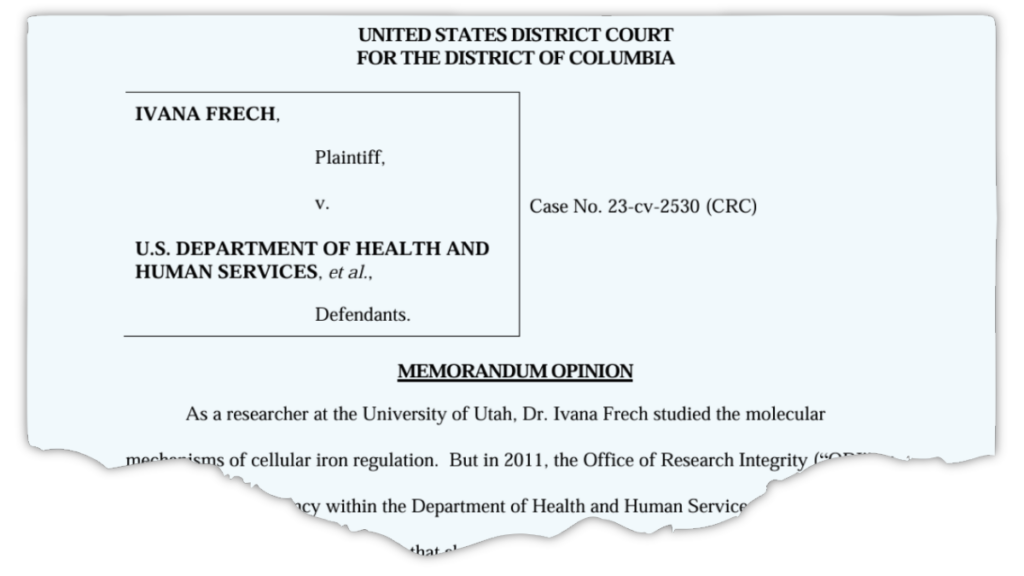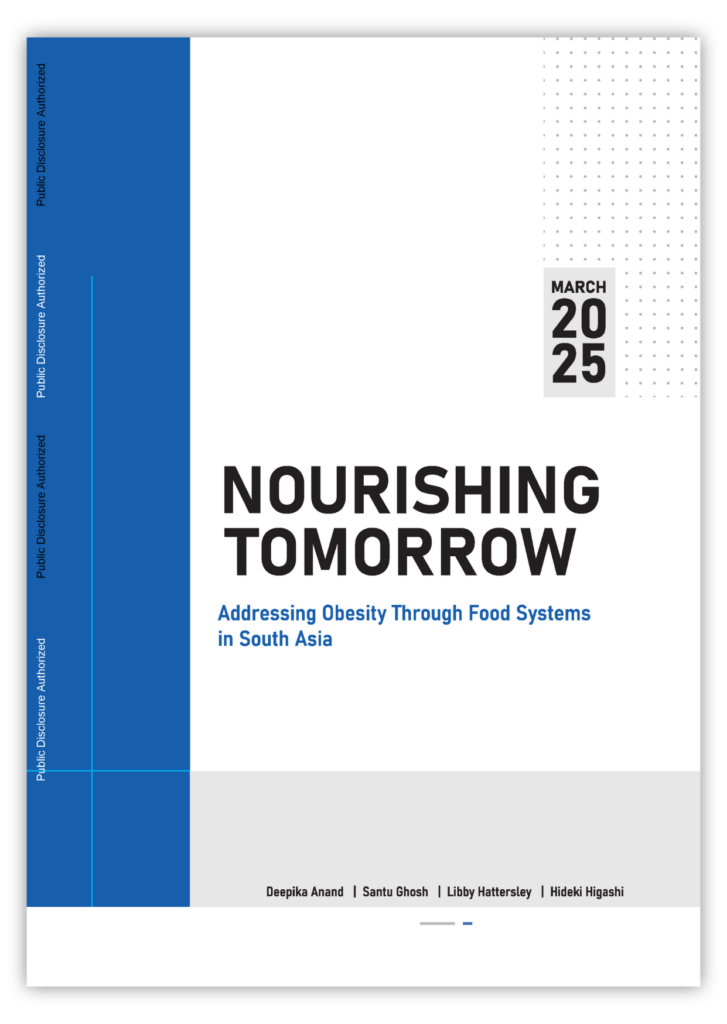We always enjoy our annual review of the year at Retraction Watch, and 2025 is no exception. But we’re more excited about what lies ahead than what we already accomplished.
We’re on track for our second-highest year for pageviews — 6.6 million. This year we brought you more than 300 posts. Among our most-read stories this year include ones on metrics: The most-read of the year was on universities whose publication metrics show signs of “questionable authorship practices.” Also among the most-read stories was one on the 20 journals that lost their impact factors this year for citation issues.
Fakery was also a theme in 2025. A story on a Springer Nature book full of fake references and one on dozens of papers with fake company affiliations were among the most popular of the year.
Continue reading Cheers to 2025: In which Retraction Watch turned 15, and The Center For Scientific Integrity really became a center






